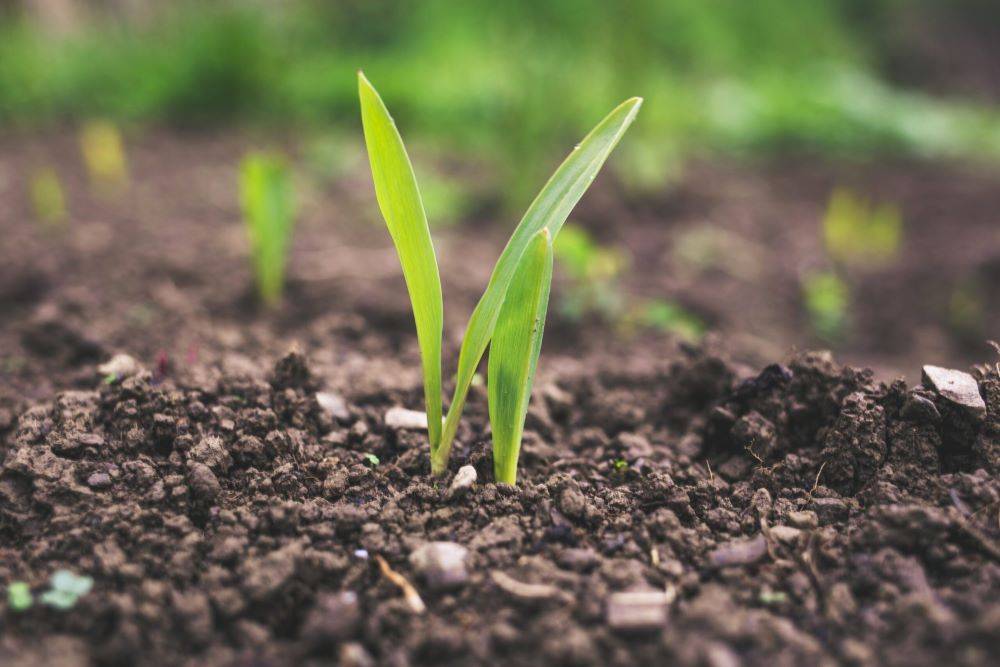
The findings, described in a paper published in the soil science journal Geoderma, could make it easier to calculate soil carbon credits, which reward farmers for conserving soil carbon through crop rotation, no-tillage, cover crops, and other conservation practices that improve soil health. The project was funded by the Advanced Research Projects Agency-Energy of the United States Department of Energy (ARPA-E).
Soil organic carbon (SOC) is released into the atmosphere as carbon dioxide, a greenhouse gas that contributes to climate change, as a result of agricultural activity. Several conservation practices have been proposed to aid in the sequestration of that carbon in the soil, but their ability to increase the total SOC in a soil profile, known as SOC stock, must be assessed locally. Such analyses are critical in the emerging agricultural carbon credit market.
Accurately calculating cropland carbon budgets and soil carbon credits is critical for assessing agriculture's and conservation practices' ability to mitigate climate change. These calculations are affected by local soil and climatic conditions, particularly the initial SOC stock used to initialize the calculation models. According to lead author Wang Zhou, Research Scientist at the ASC and the Department of Natural Resources and Environmental Sciences (NRES) at Illinois, various uncertainties exist in SOC stock datasets, and it's unclear how this can affect cropland carbon budget and soil carbon credit calculations.
Researchers used an advanced and well-validated agroecosystem model known as 'ecosys' to assess the impact of SOC stock uncertainty on cropland carbon budget and soil carbon credit calculation in corn-soybean rotation systems in the Midwest of the United States. They discovered that high-accuracy SOC concentration measurements are required to quantify a cropland carbon budget, but the current publicly available soil dataset is sufficient to calculate carbon credits accurately and with low uncertainty.
"This is a very important study that reveals counter-intuitive findings. The initial soil carbon data is critical for all subsequent carbon budget calculations. Carbon credit, on the other hand, measures the relative soil carbon difference between a new practice and business as usual. We find that the uncertainty of initial soil carbon data has only a minor impact on the final calculated soil carbon credit," said ASC Founding Director Kaiyu Guan, Blue Waters Professor in NRES and the National Center for Supercomputing Applications (NCSA) at Illinois and the lead of the DOE-funded SMARTFARM project at iSEE, which included several co-authors on this paper.
The findings suggest that when focusing solely on quantifying soil carbon credits from farm conservation practices, costly in-field soil sampling may not be required — a significant benefit for the agricultural carbon credit market. "Uncertainty in SOC concentration measurements has a large impact on cropland carbon budget calculation, indicating novel approaches such as hyperspectral remote sensing are needed to estimate topsoil SOC concentration at large scale to reduce the uncertainty from interpolation.
However, uncertainty in SOC concentration has only a minor impact on soil carbon credit calculation, implying that focusing solely on quantifying soil carbon credit from additional management practices may not necessitate extensive in-field soil sampling- an advantage given its high cost," Zhou said.









